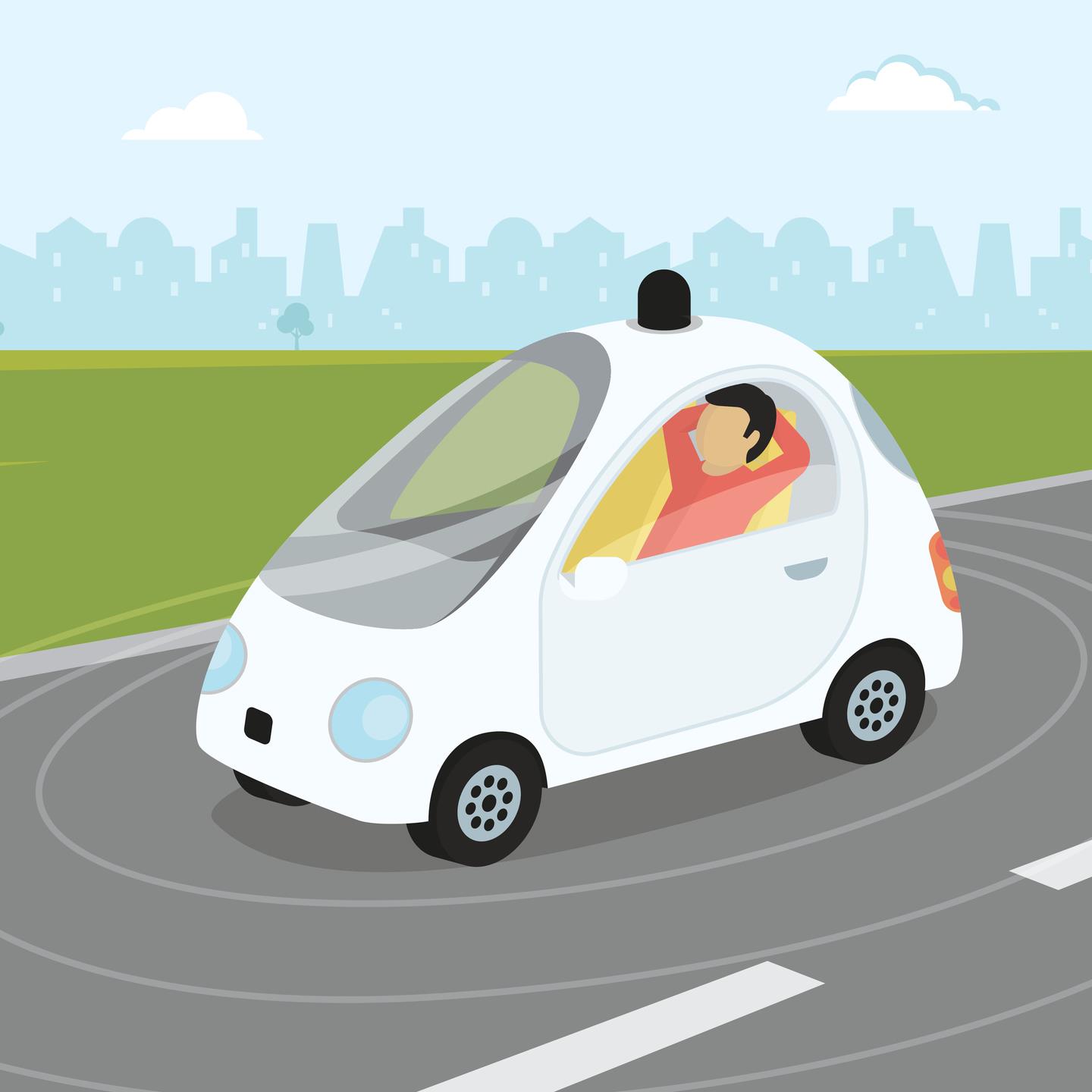Telecom & Wireless
5G to Help Self-Driving Car Expansion

Published:
Last Updated:

As self-driving car manufacturers prepare to flood the roads with their products, the question remains how these vehicles will be guided across the millions of miles in the country. Part of the answer is 5G technology, the makers of which are pushing as fast as the car companies to bring their service to market.
Self-driving car experiments have been limited to small geographic regions. Partially self-driving cars like those from Cadillac and Tesla still need driver intervention and partial control of their vehicles. Some self-driving car functions will be controlled by sensors in them. There has been a debate about whether smart roads with sensors beneath them will play a role. However, installing this feature into America’s road infrastructure would cost hundreds of billions of dollars.
These problems make 5G super-fast wireless as perhaps the only cost-effective solution. Preeminent tech research firm Gartner has posted its work on how this might work:
5G networks may be as much as 10 times more efficient than 4G networks. With this new level of network capability, communications service providers (CSPs) can secure future market opportunities with manufacturers of autonomous vehicles (AVs) in the fields of driver safety and data processing and management, according to Gartner, Inc.
AV systems and sensors will generate unprecedented amounts of data. This will allow automotive original equipment manufacturers (OEMs) to extract valuable data insights while limiting the associated provisioning costs. “CSPs have an opportunity to become strategic partners for OEMs by applying 5G capabilities to address AV OEM data growth,” said Jonathan Davenport, senior research analyst at Gartner.
By 2025, AVs will upload over 1 terabyte (TB) of vehicle and sensor data per month to the cloud. This is up from from 30 gigabytes (GB) from advanced connected cars in 2018. “To seize the opportunity, CSPs need to make sure 5G is included in the design of future vehicles, in the fields of safety and connectivity, where the biggest chances lie,” said Mr. Davenport.
Unless the federal government decides to install and run these installations, the projects will fall to AT&T, Verizon, Sprint and T-Mobile, which already have started to deploy their networks. Self-driving cars can be tethered to the internet, and the four companies will have a new way to make money.
The Average American Has No Idea How Much Money You Can Make Today (Sponsor)
The last few years made people forget how much banks and CD’s can pay. Meanwhile, interest rates have spiked and many can afford to pay you much more, but most are keeping yields low and hoping you won’t notice.
But there is good news. To win qualified customers, some accounts are paying almost 10x the national average! That’s an incredible way to keep your money safe and earn more at the same time. Our top pick for high yield savings accounts includes other benefits as well. You can earn up to 3.80% with a Checking & Savings Account today Sign up and get up to $300 with direct deposit. No account fees. FDIC Insured.
Click here to see how much more you could be earning on your savings today. It takes just a few minutes to open an account to make your money work for you.
Thank you for reading! Have some feedback for us?
Contact the 24/7 Wall St. editorial team.